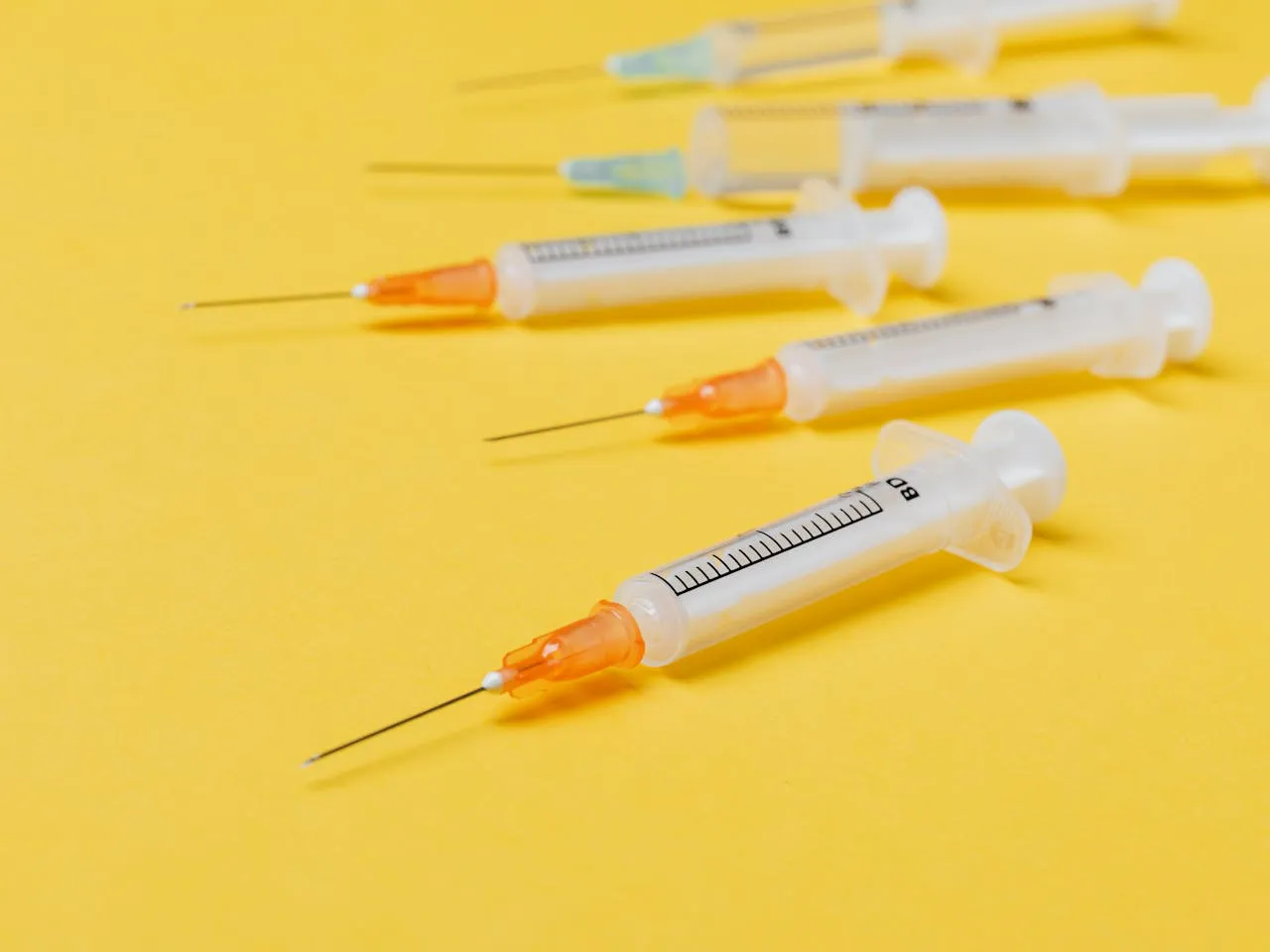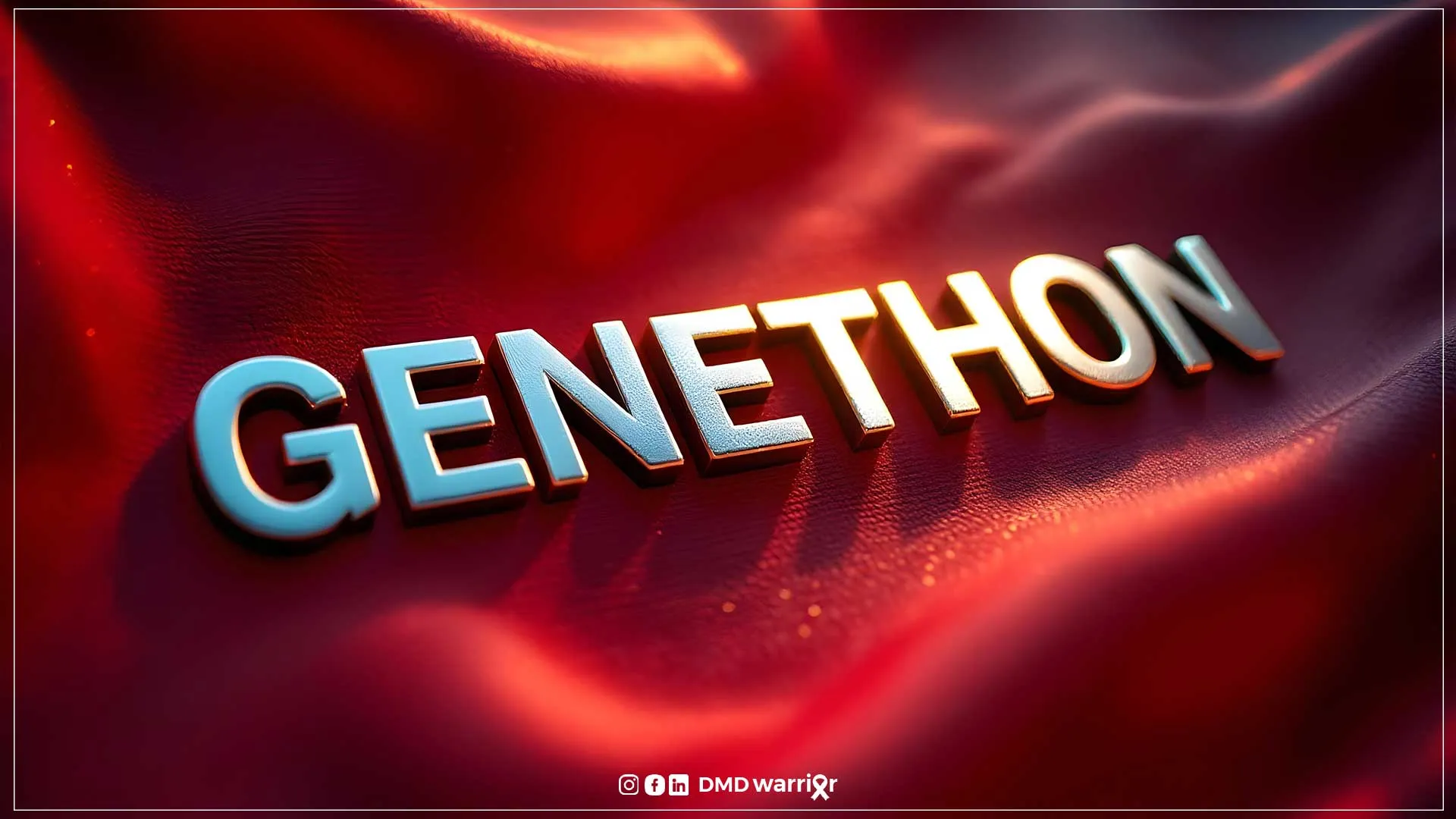
Genethon Presents 2-Year Efficacy Results of Low-Dose Micro-Dystrophin Gene Therapy (GNT0004) in Duchenne Muscular Dystrophy at ESGCT 2025
Genethon, a global leader in the research and development of gene therapies for rare genetic disorders, has reported encouraging long-term results from its investigational micro-dystrophin gene therapy, GNT0004, in patients with Duchenne muscular dystrophy (DMD). The data, unveiled at the 32nd Annual Congress of the European Society of Gene and Cell Therapy (ESGCT) held in Seville, Spain (October 7–10, 2025), demonstrate sustained efficacy and safety over two years following a single low-dose administration of GNT0004.
The findings come from the dose-escalation phase of Genethon’s ongoing Phase 1/2/3 clinical program, which aims to evaluate the therapeutic potential of GNT0004 in restoring muscle function and slowing disease progression in boys with DMD. Remarkably, the three patients who received the therapeutic dose exhibited notable gains in motor function, reductions in muscle damage biomarkers, and stabilization of muscle structure when compared to untreated control groups.
Background: Addressing the Unmet Need in Duchenne Muscular Dystrophy
Duchenne muscular dystrophy is a severe, inherited neuromuscular disease caused by mutations in the DMD gene, which encodes dystrophin—a critical protein that maintains muscle integrity. The absence of functional dystrophin leads to progressive muscle degeneration, loss of mobility, and premature death due to respiratory or cardiac failure. Affecting approximately one in 3,500–5,000 male births worldwide, DMD remains a major therapeutic challenge, with current treatments offering only modest benefits.
Gene therapy approaches, such as those pursued by Genethon, aim to deliver micro-dystrophin, a shortened but functional version of the dystrophin gene, into muscle cells via an adeno-associated virus (AAV) vector. The goal is to restore dystrophin expression and preserve muscle strength and function over time.
Long-Term Clinical Outcomes Show Durable Efficacy
At the ESGCT Congress, Genethon presented detailed results from three boys treated with the therapeutic dose of 3×10¹³ vector genomes per kilogram (vg/kg)—a dose notably lower than those used in competing DMD gene therapy programs. Despite the lower vector dose, the results after two years of follow-up were clinically meaningful and sustained, supporting GNT0004’s strong efficacy and favorable safety profile.
Motor Function Gains
Patients receiving GNT0004 demonstrated a mean improvement of +5.8 points on the North Star Ambulatory Assessment (NSAA) scale at 18 months post-treatment compared to a propensity score–matched natural history cohort of untreated DMD patients. The NSAA is a validated 34-point clinical tool that measures gross motor abilities in ambulant DMD patients, and a change exceeding +2.5 points is considered clinically significant.
This improvement was consistent with enhanced performance on timed functional tests, which assess everyday mobility capabilities:
- Time to rise from the floor improved by 6.98 seconds, indicating better proximal muscle strength and coordination.
- 10-meter walking speed increased by 0.67 meters per second, reflecting enhanced gait and endurance.
Importantly, these functional gains were maintained through the two-year follow-up period, signaling a durable therapeutic effect that contrasts sharply with the natural decline typically observed in untreated DMD patients.
Sustained Biomarker Improvements Reflect Ongoing Cellular Benefit
In addition to clinical outcomes, the study reported robust biochemical and imaging evidence of muscle health improvement. One of the most striking findings was the sustained reduction in creatine phosphokinase (CPK)—an enzyme released into the blood during muscle damage.
- CPK levels dropped by an average of 75% at 18 months and remained 61% lower at two years relative to pre-treatment baselines.
- These reductions suggest stabilization of muscle cell membranes, a hallmark of restored dystrophin function.
Furthermore, quantitative MRI imaging revealed a >7% reduction in muscle fat fraction compared to untreated controls. In DMD, muscle tissue progressively becomes infiltrated with fat and fibrotic tissue as muscle fibers degenerate. The reduced fat fraction observed with GNT0004 indicates a slowing of disease progression and preservation of healthy muscle composition.
Favorable Safety Profile and Immunologic Tolerability
Equally encouraging was the therapy’s excellent safety profile. No serious treatment-related adverse events were reported throughout the two-year period. The treatment regimen included transient prophylactic immunosuppression to prevent immune reactions to the viral vector, which was well-tolerated by all patients.
According to Dr. Arnaud Valent, M.D., Genethon’s Head of Medical Activities and Pharmacovigilance, the absence of serious adverse effects coupled with the long-term persistence of efficacy highlights the potential of GNT0004 to be both effective and safe for long-term management of Duchenne muscular dystrophy.
Transitioning to the Pivotal Phase 3 Trial
Building on these promising results, Genethon has now initiated the Phase 3 pivotal trial of GNT0004 in Europe. The trial has begun enrolling the first participants in France and is designed to confirm the therapeutic benefit in a larger, statistically powered population.
The Phase 3 study aims to enroll 64 ambulant boys aged 6 to 10 years who have retained their ability to walk. It will evaluate the same 3×10¹³ vg/kg dose used in the dose-escalation phase.
Frederic Revah, CEO of Genethon, commented on the importance of these findings:

“These patients were treated in the dose escalation portion of our Phase 1/2/3 European trial, and we are excited to present these positive long-term efficacy findings as we begin the Phase 3 pivotal trial. The therapeutic dose of 3×10¹³ vg/kg administered to these patients is lower than other DMD gene therapies and is the same dose being used in our ongoing Phase 3 trial, which will enroll 64 boys who are still ambulatory. The sustained efficacy and safety seen at this dose give us great confidence as we advance toward potential registration.”
This low-dose approach could represent a significant advance in gene therapy for DMD, potentially reducing the risk of vector-related toxicity while maintaining robust therapeutic benefit.
Scientific and Clinical Significance
The data presented at ESGCT 2025 underscore several key takeaways that could influence the broader field of neuromuscular gene therapy:
- Dose Optimization – GNT0004’s efficacy at a lower vector dose could set a new standard for safety and scalability in gene therapy manufacturing, particularly for systemic AAV delivery.
- Durable Expression – The sustained clinical and biomarker improvements over two years support the long-term persistence of micro-dystrophin expression in muscle cells.
- Potential for Disease Modification – By slowing the progression of muscle degeneration and maintaining function, GNT0004 demonstrates the potential to alter the natural course of DMD, moving beyond symptomatic relief toward durable functional preservation.
- Expanded Accessibility – Lower-dose strategies may make future commercialization more feasible, reducing production costs and potentially improving access for patients worldwide.
Continued Global Recognition
In addition to ESGCT 2025, the company’s findings were also presented at the World Muscle Society (WMS) 2025 Annual Congress, held October 7–11 in Vienna, Austria. The dual presentation of these data at two major international scientific conferences highlights the global interest and credibility of Genethon’s approach to treating DMD.
These presentations reflect Genethon’s leadership in the field of gene therapy, building on decades of pioneering research that originated from the French Muscular Dystrophy Association (AFM-Téléthon). Through its sustained investment in translational science and clinical innovation, Genethon continues to drive the evolution of gene therapies for neuromuscular and other rare diseases.
Toward Transformative Therapies
As Genethon advances GNT0004 through pivotal testing, the company remains focused on ensuring rigorous clinical validation, regulatory engagement, and global collaboration. Should the Phase 3 trial confirm these early results, GNT0004 could become one of the most promising gene therapy candidates for Duchenne muscular dystrophy, potentially offering a long-lasting, one-time treatment option for affected children and their families.
The sustained functional improvements seen at two years post-treatment mark a critical milestone not only for Genethon but also for the broader rare disease community. In a field where therapeutic durability has long been a question, these data suggest that lasting muscle protection and clinical benefit are achievable with gene therapy.
As Revah summarized, the company’s vision extends beyond this single program:
The two-year data from Genethon’s GNT0004 program represent a pivotal moment in the pursuit of durable, safe, and effective gene therapy for Duchenne muscular dystrophy. With demonstrable clinical improvement, sustained biomarker normalization, and a strong safety record at a comparatively low dose, GNT0004 stands out as a potential next-generation solution for this devastating disease.
As the Phase 3 pivotal trial progresses, the global Duchenne community will be watching closely. If these results are replicated at scale, GNT0004 may soon redefine the therapeutic landscape—offering renewed hope to thousands of boys worldwide living with Duchenne muscular dystrophy.





